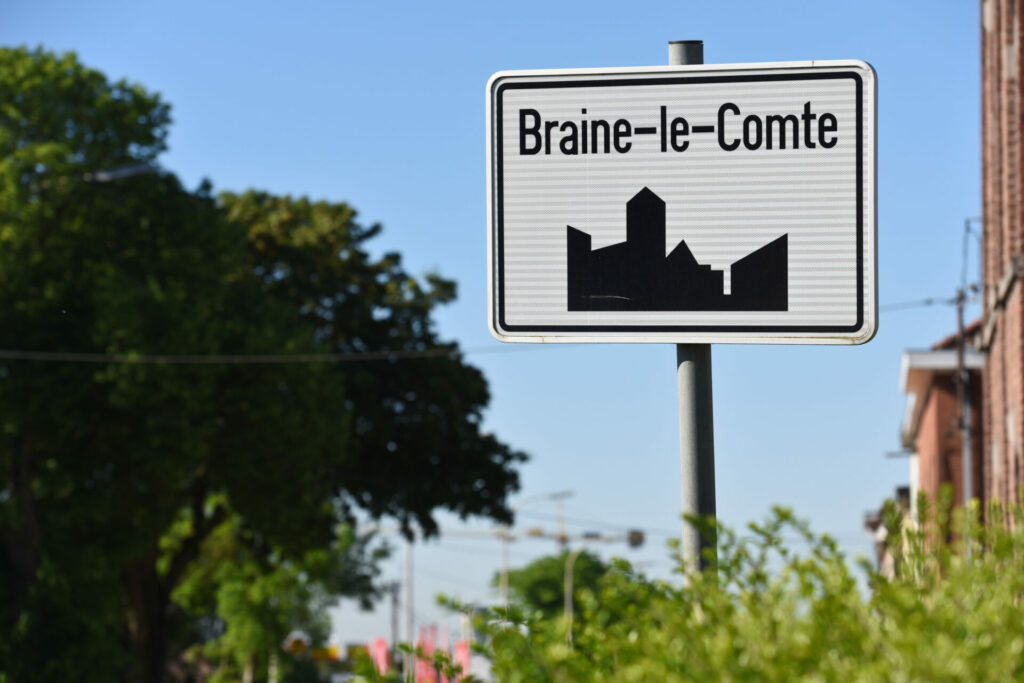A meeting was conducted on Monday morning in the Walloon city of Braine-le-Comte, Hainaut, addressing the alarming levels of PFAS contamination in the local drinking water.
Local authorities and their technical services convened in response to the discovery of high PFAS levels. The municipality has decided to seek further testing to confirm findings by the Walloon Water Society (SWDE) at the Provincial Centre of Expertise in Hainaut.
Braine-le-Comte’s mayor, Maxime Daye, explained that, following a broadcast by RTBF, council staff were concerned enough to review SWDE data on PFAS levels.
They found levels of 106 ng per litre in Ronquières, exceeding the 2026 tolerance threshold of 100 ng. Despite SWDE’s new analysis indicating a level of 80 ng, this is still considered high, triggering an emergency meeting on Monday morning to review the situation.
Several decisions were made in the meeting. The SWDE plans to release new results on Wednesday, but officials demanded additional analysis from Hainaut's provincial service for water.
The council is keen to make decisions based on data, not emotions. An information leaflet will be distributed among Ronquières residents by Monday afternoon urging residents not to consume tap water or eggs until further testing is completed and corresponding safety measures implemented.
The council requests SWDE, Vivaqua – from whom SWDE purchases water for Braine-le-Comte – and SPW, to devise solutions to mitigate PFAS presence in water.
Such initiatives have been effectively deployed in locations like Chièvres, where PFAS was discovered. "We aim to question Wallonian and Brussels authorities about the origin of these excessive levels and their plans for ensuring improved water quality at SWDE and Vivaqua," concluded Maxime Daye.
Residents of Chièvres, Leuze-en-Hainaut, Beloeil, Ath, Mons, Écaussinnes and Seneffe are advised to refrain from consuming locally-produced eggs and vegetables as a precautionary measure.
Residents can find more information about the problem on the council’s website or by contacting the environmental number at 067/55.14.70.

